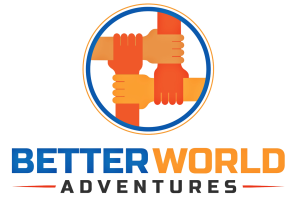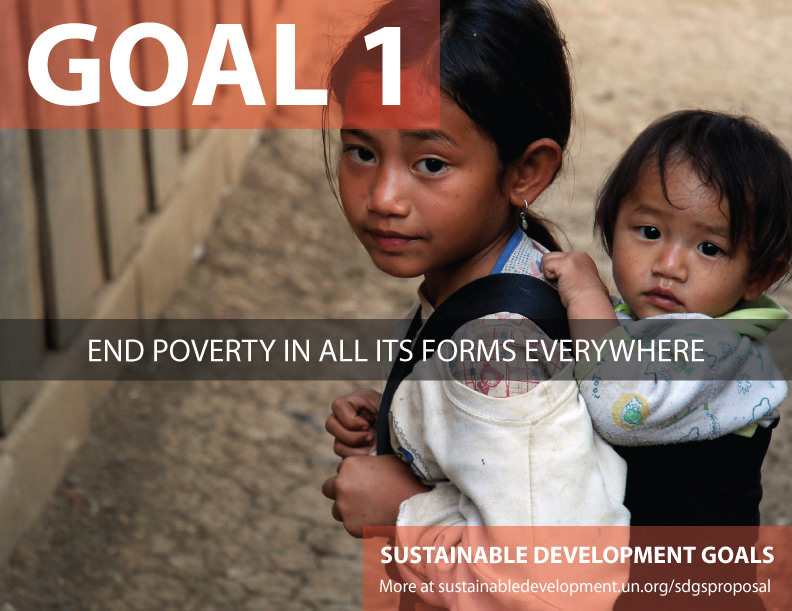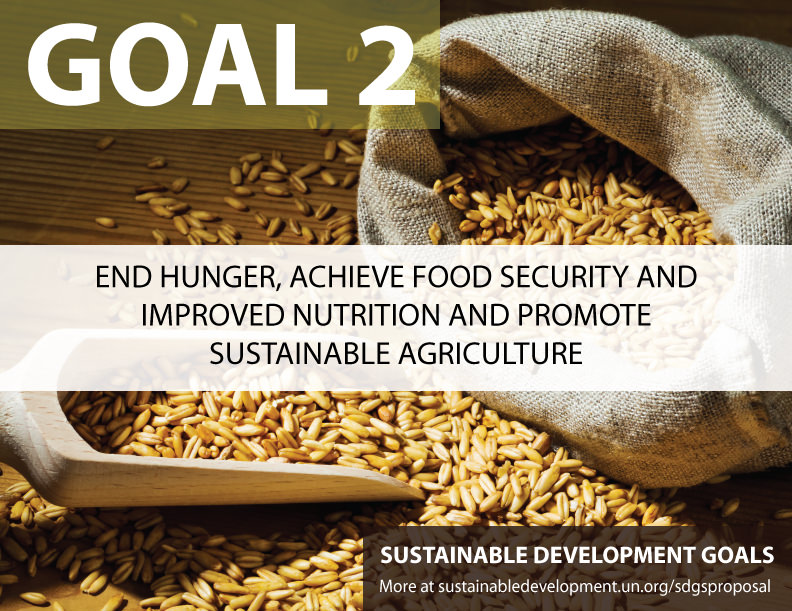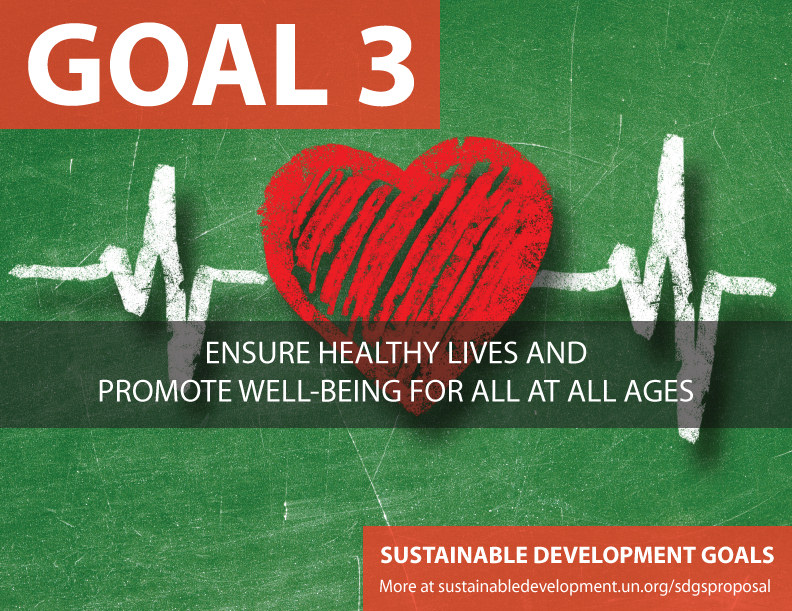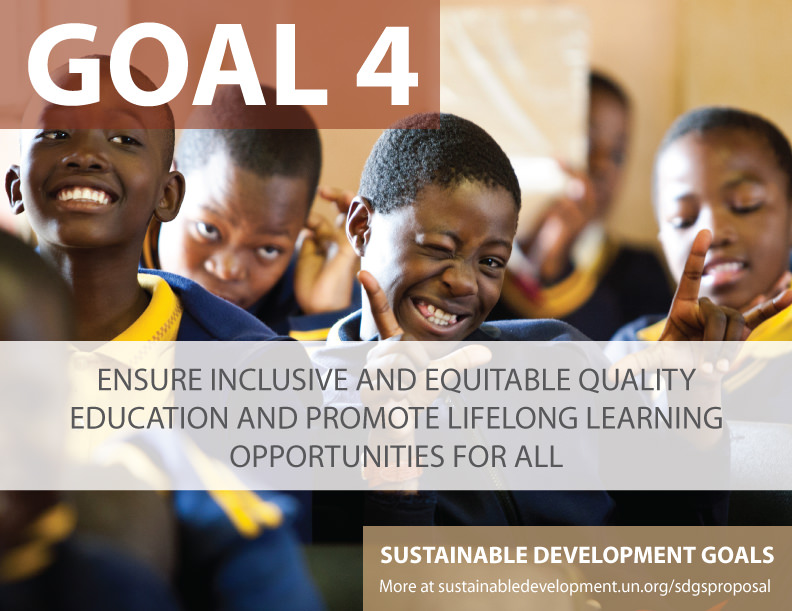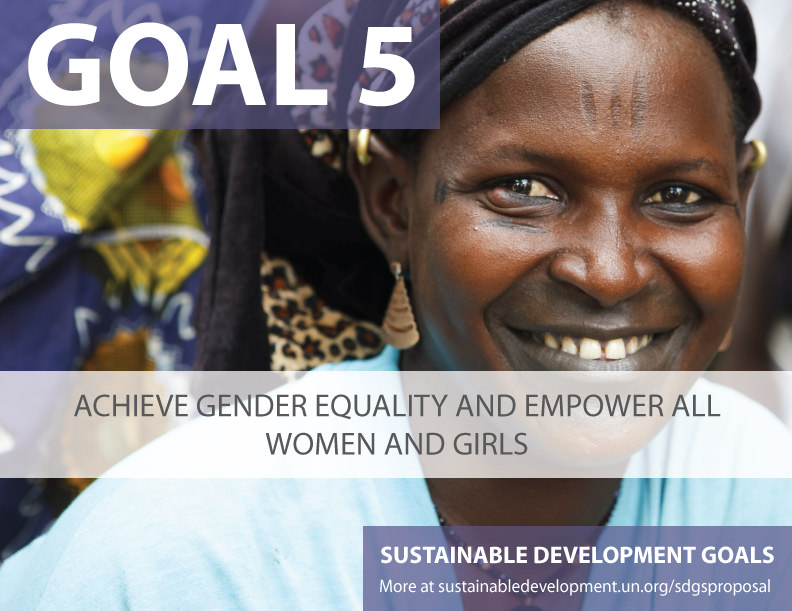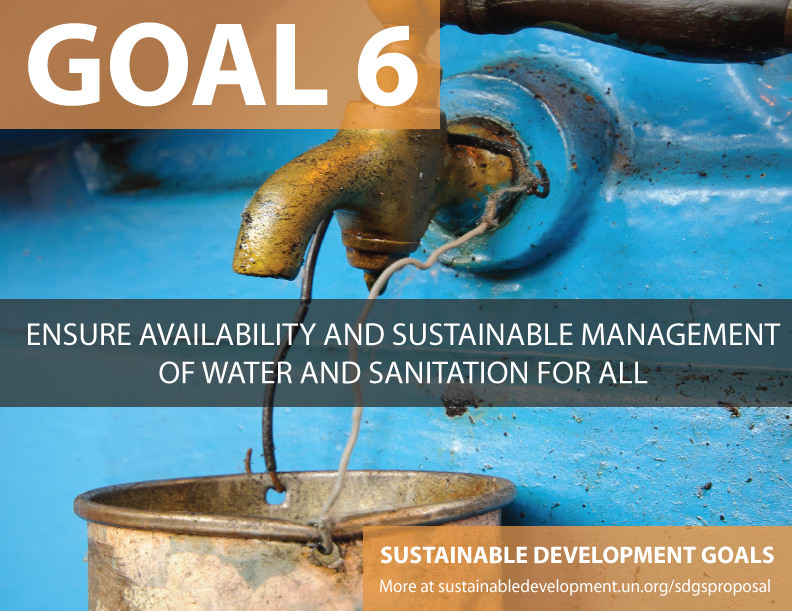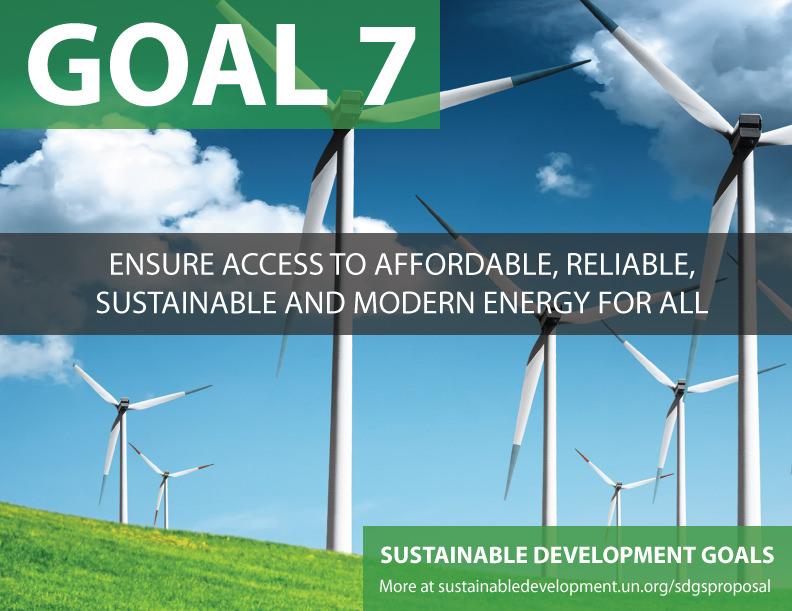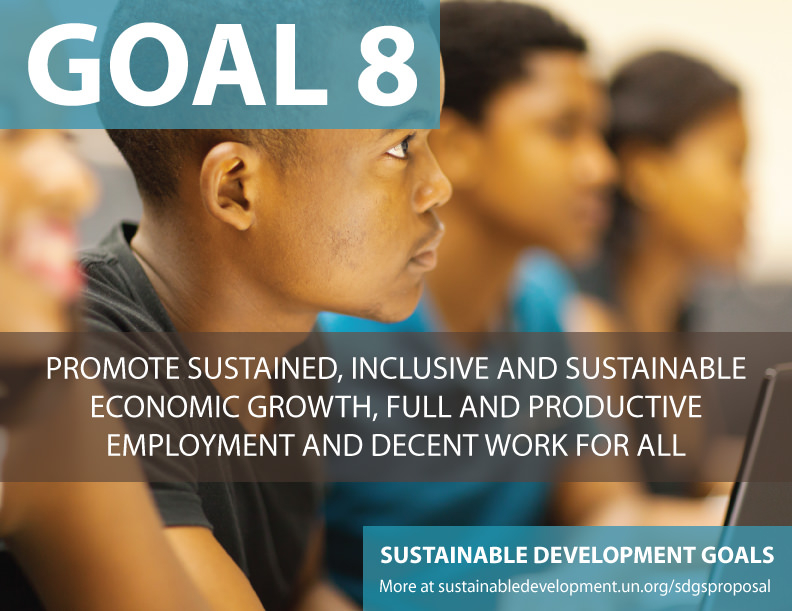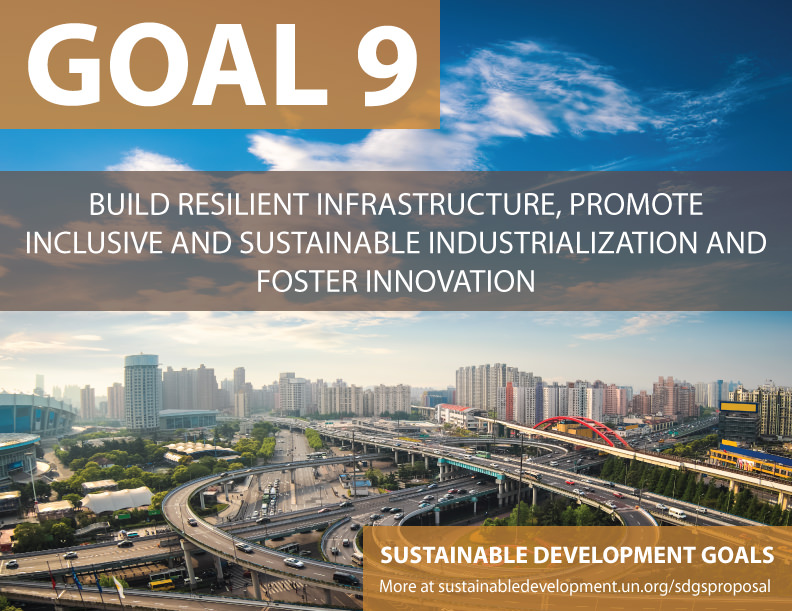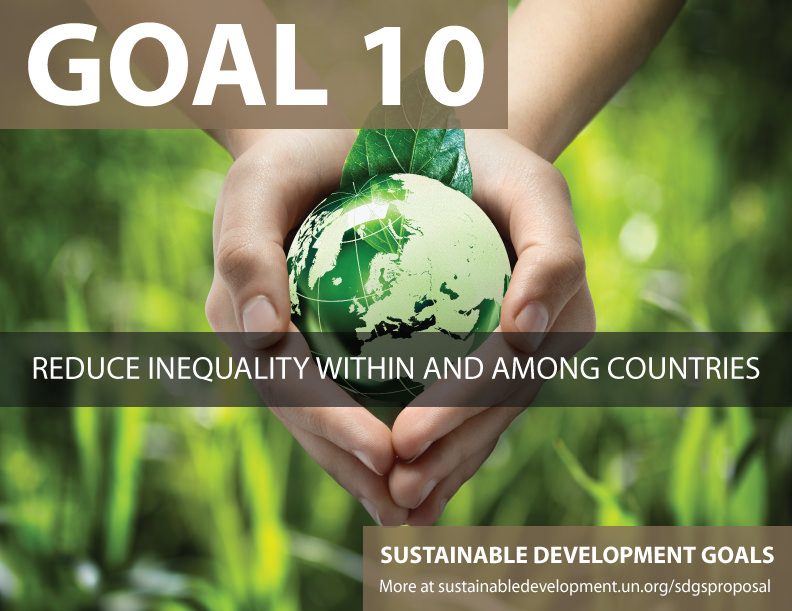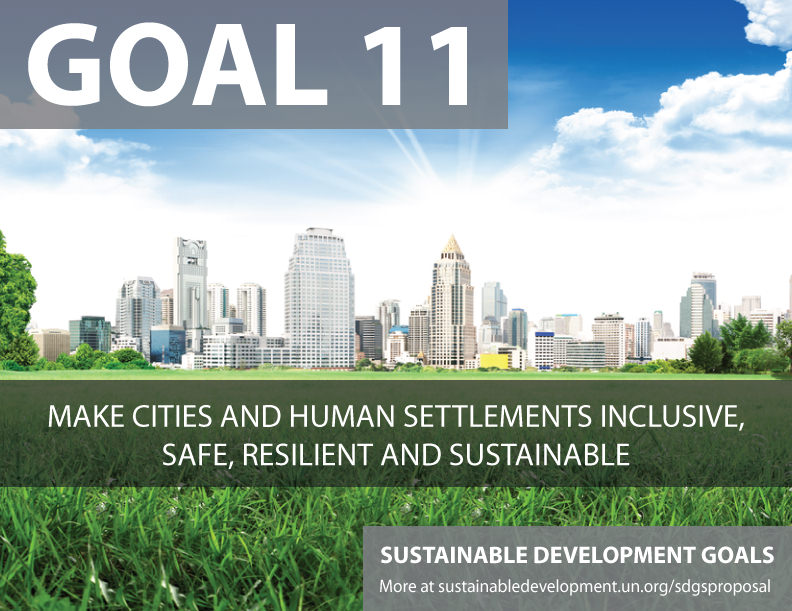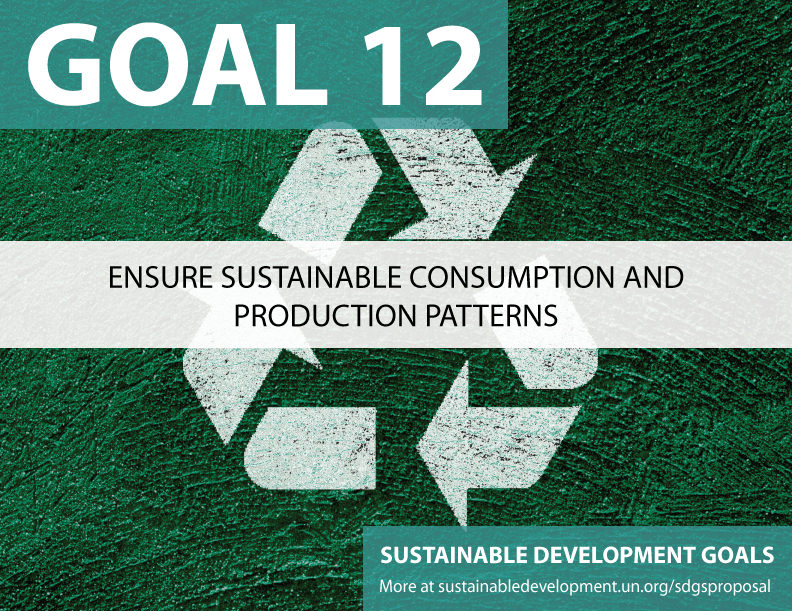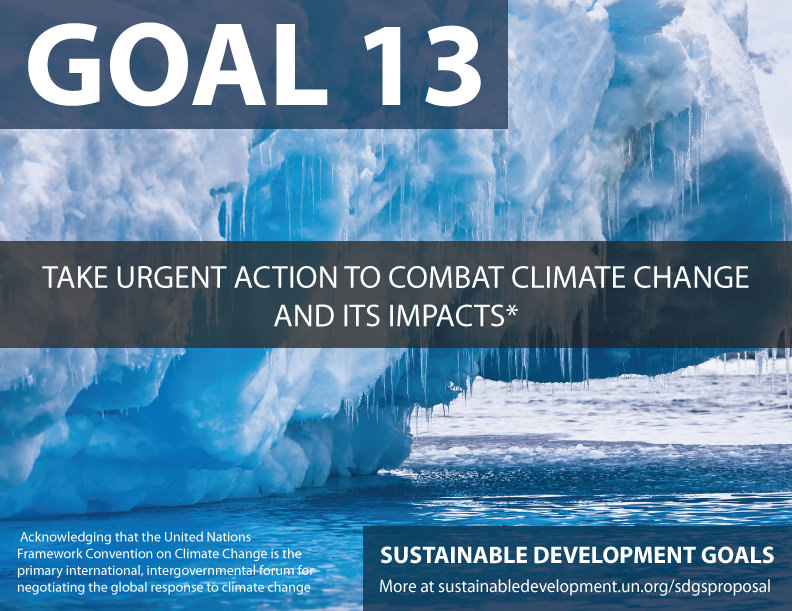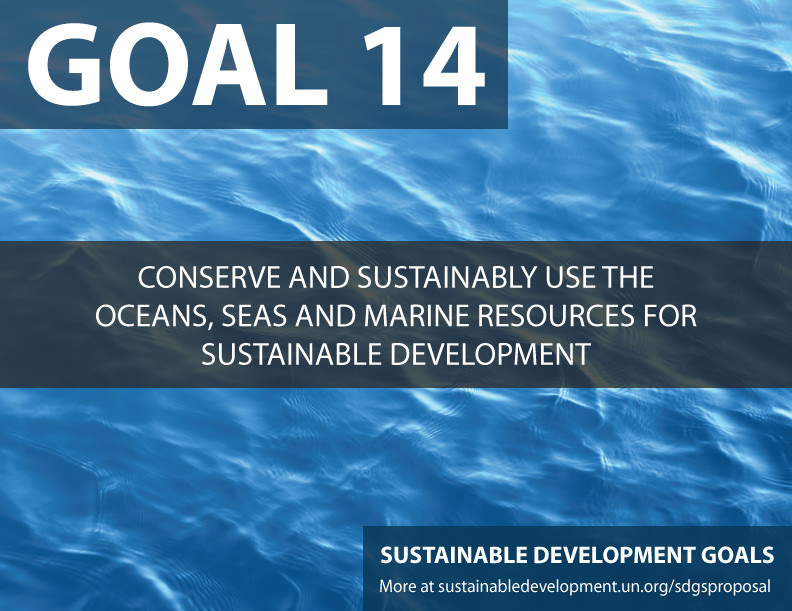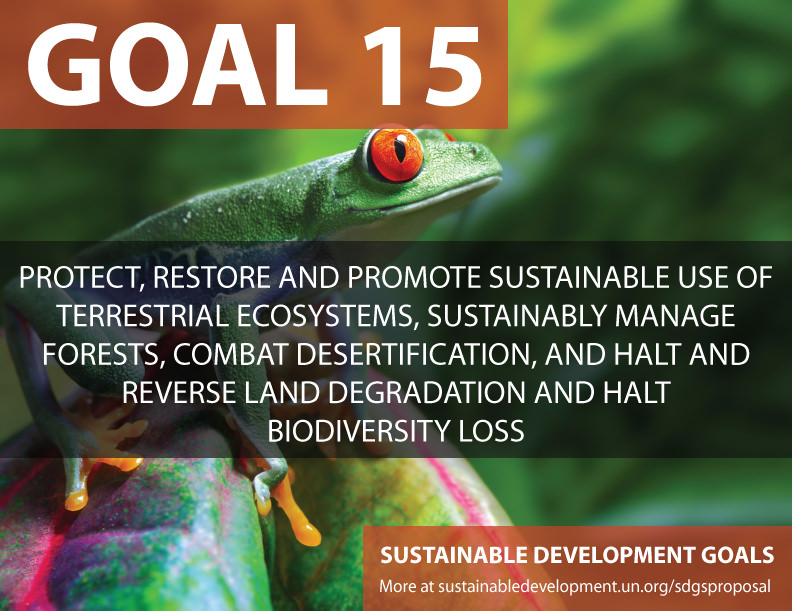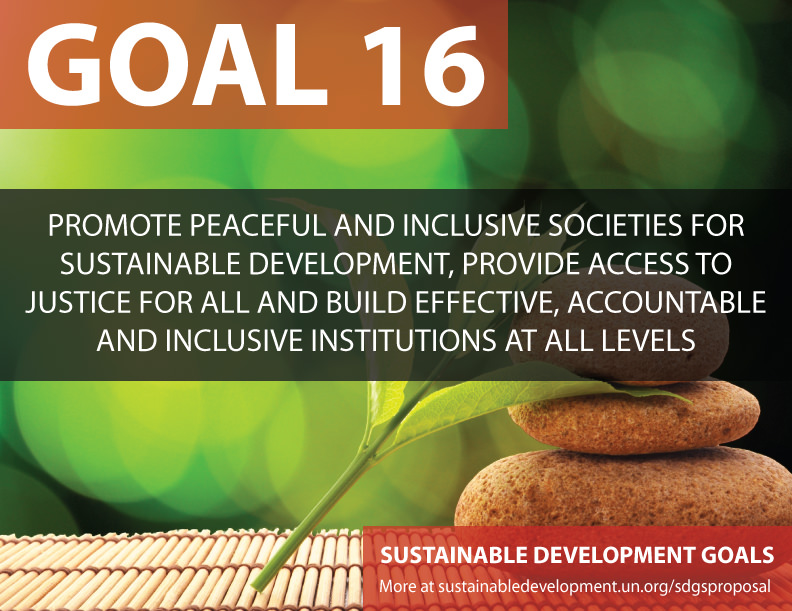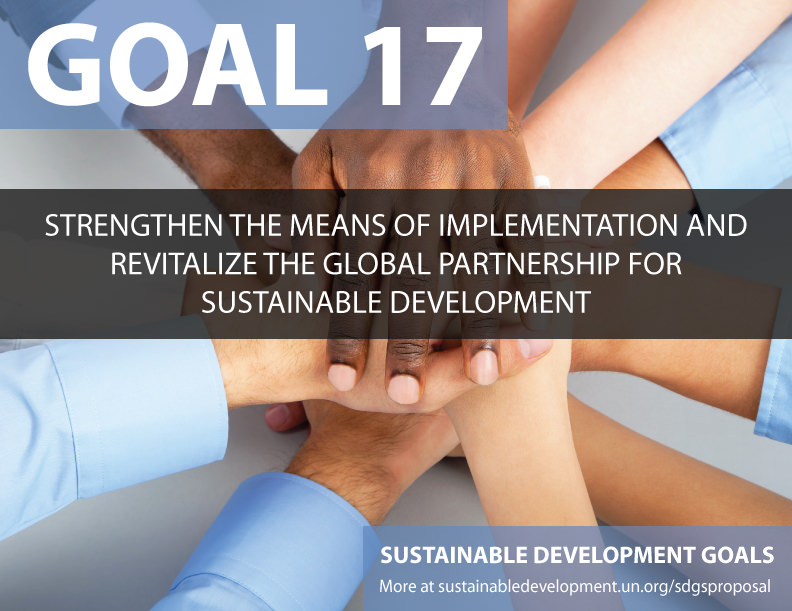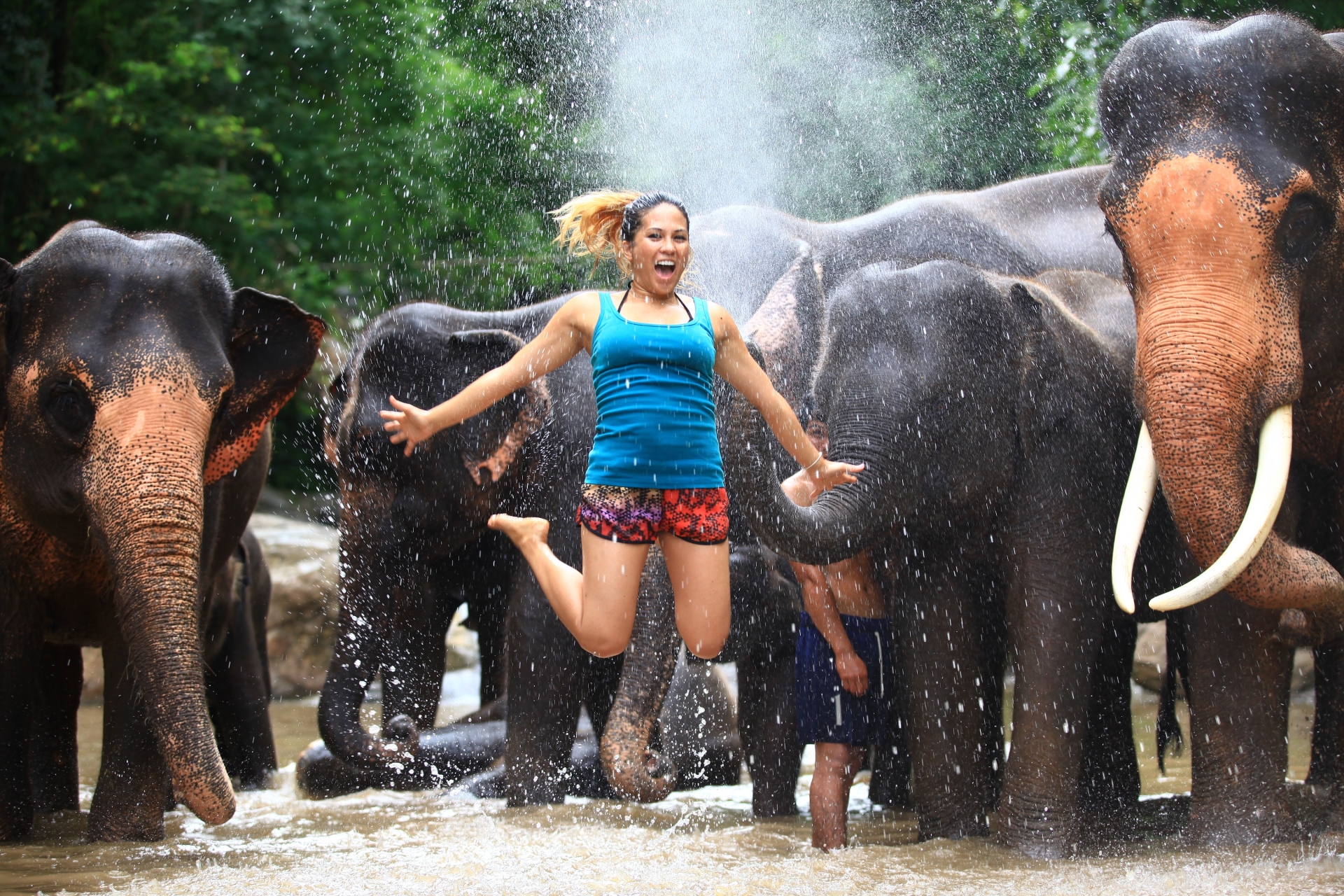Sustainability
Better World Adventures is committed to facilitating travel that is ethical and culturally immersive, producing sustainable social and environmental impacts.
Sustainability
Our Commitment
Better World Adventures staff have put a huge amount of time, effort and due diligence into identifying group volunteering and service-learning projects that:
- are planned and project managed by a combination of NGOs (non-governmental organisations) and organisations with experience and knowledge of the needs of the local community,
- prioritise community development, education, eco-tourism, or environmental and wildlife conservation,
- do not have a negative impact on vulnerable children, drain local resources or take unskilled employment away from local workers,
- focus on participation in long term development, where our work contributes positively to a community, the environment, or an ongoing project, even after we leave,
- enable managed unskilled groups to maximise their productivity to achieve tangible outputs in a short amount of time,
- where possible, contribute to one or more of the United Nations Sustainable Development Goals.
Sustainability
New Zealand Tourism
Sustainability Commitment
Better World Adventures is a signatory to the New Zealand Tourism Sustainability Commitment He kupu taurangi kia toitū ai te tāpoitanga, pledging to achieve economically and environmentally sustainable tourism business practices that ensure positive and enduring benefits to host communities and the natural environment.
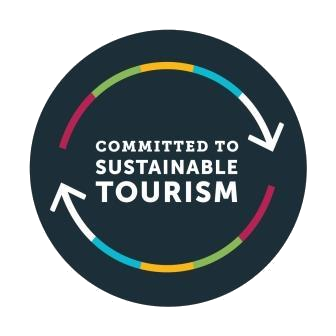
Carbon
Carbon Offsetting
We are very conscious that every time we travel to do good, we produce carbon emissions and greenhouse gasses that contribute to global warming and climate change. We want you to be able to travel with the confidence that you aren’t inadvertently adding to the problem.

Flights account for around 2.5% of global carbon dioxide production. And because planes fly high in the atmosphere, the greenhouse gases they emit do more damage than on the ground. An effective way to reduce the impact that our flights have on the environment is to purchase carbon credits that offset the amount of greenhouse gases produced by our travel, by investing in environmentally beneficial projects that reduce or remove greenhouse gasses from the atmosphere.
Better World Adventures uses Air New Zealand’s FlyNeutral carbon calculators to assess the carbon footprint of each of our group flights. We then offset this amount by purchasing carbon credits through the FlyNeutral program which invests in permanent native forest planting projects registered with the New Zealand Government under the Permanent Forest Sink Initiative – an internationally recognised “gold standard” carbon reduction program.
Projects
Project Selection
Sustainability is one of the key criteria considered by Better World Adventures in the selection of our volunteering and service-learning activities.
The United Nations has endorsed short term volunteering for its capacity to build strong relationships within communities while gaining an understanding of the culture and life of host communities.
Better World Adventure tour members participate on two specific types of volunteer and service-learning projects and activities:
- Cultural Immersion activities that provide participants with significant opportunities to learn how their hosts live, their daily challenges, and the way that they interact with their communities and the world at large. The focus of these projects is as much on the cultural exchange as it is on positive social impact. Cultural immersion activities are an important part of every trip as they assist to demystify different cultures, religions, and value systems, enabling volunteers to better understand and respect human differences and diversity, and to develop values of global citizenship.
- Social or Environmental Impact projects that enable our groups to connect with local causes that are sustainable, respectful, culturally and contextually appropriate. Social impact projects contribute to positive global transformation and the generation of capacity development solutions that are locally owned. Our participation on these positive, and usually ongoing, projects enables us to be a force for good in the communities that we visit, leaving a place with a net gain, not a net loss.
Recent research conducted by the Journal of Sustainable Tourism concludes that voluntourism by unskilled and young volunteers can be meaningful, positive, sustainable and beneficial to both the volunteers and the host community if the projects are well-organised. A 2018 report on best practice in voluntourism by the Asia Pacific Economic Cooperation Tourism Working Group highlighted that it is essential that local people are active partners in shaping the focus and outcomes of voluntourism activities, with the local community’s needs and interests being placed at the heart of any project, which should be tailored to meet locally identified needs.
At Better World Adventures, the due diligence on choosing appropriate global volunteering partners is ongoing. A huge amount of effort has gone into forging direct relationships with both non-profit and for-profit organisations that have an established track record of facilitating group volunteering projects, well documented project objectives, robust safety protocols, and local offices and a local presence to guide the implementation of each project.
We are very aware of the ethical issues associated with short-term voluntourism, particularly by young and unskilled volunteers, so our project selection process focuses on activities that are necessary and appropriate for the community’s needs, sustainable and monitored for the long term, and are appropriate for unskilled groups of well-intentioned youth, without causing any community harm or taking away paid employment from local labourers.
We do not volunteer in orphanages due to the risk that this may contribute to human trafficking.
We do not volunteer in residential institutions where vulnerable or traumatised children require specifically trained care, and could be susceptible to separation anxiety.
We do not volunteer with wildlife projects that deliberately mistreat animals, or do not have long term goals related to animal welfare, conservation or education.
Due to their youth, high school student volunteers are placed into managed projects where they provide general assistance, rather than the application of specific skill sets.
We primarily focus on ongoing and sustainable impact projects that involve:
- Directed community development,
- Reconstruction and renovation projects,
- Ecotourism initiatives where profits are returned to the local community,
- English language conversation practice,
- Managed disaster recovery,
- Environmental and wildlife conservation,
- Community projects where assistance and labour is required, but the employment of paid labour is not an option, ensuring that we are not taking employment away from local workers.
Where-ever possible, the priority is on project work where our tour participants are working shoulder-to-shoulder and side-by-side with local volunteers, their families and communities who are also involved in the project.
Goals
United Nations
Sustainable Development Goals
In 2015, world leaders from the 193 member countries of the United Nations committed to seventeen ambitious goals addressing issues of critical global importance. The Sustainable Development Goals (SDGs), otherwise known as the Global Goals, are a universal call to action to end poverty and inequality, protect the planet and ensure that all people enjoy peace and prosperity by the year 2030.

The seventeen Global Goals are highly interconnected – often the key to the success of one will involve tackling issues more commonly associated with another. Ending poverty and other deprivations must go together with strategies that improve health and education, reduce inequality, and spur economic growth – all while tackling climate change and working to preserve our oceans and forests.
In the creation of the Sustainable Development Goals, the United Nations acknowledged that for the goals to be achieved, all countries must act together in a true global partnership. They also explicitly highlighted the valuable role of volunteers in the successful achieving of the goals.
Volunteering with Better World Adventures will provide you with an opportunity to actively and personally contribute to these Global Goals, as many of our social-impact volunteer projects have objectives that fit with one or more of the UN Sustainable Development Goals.
About 1 billion people still live in poverty — defined as an income of less than US $1.25 per day. The targets under Goal 1 include aiming for a world where the poor are not vulnerable to climate change and have equal rights to economic resources.
Ending hunger also includes ending malnutrition, protecting small farmers, and changing farming itself so that agriculture and ecosystems can co-exist. It also means protecting the genetic diversity of the crops we grow, while investing in research to make farming more and more productive, especially in developing countries.
Goal 3 includes a comprehensive agenda for tackling a wide range of global health challenges, from tuberculosis and AIDS to traffic accidents and alcoholism. It also calls for achieving “universal health coverage”; reducing illness and death caused by pollution; and increasing the global health workforce, especially in the world’s poorer countries.
Every human being needs access to quality education from elementary through to university-level, vocational training, and entrepreneurship skills. This Goal also pays special attention to issues of equity, and includes the promotion of education for sustainable development.
Equality and empowerment include freedom from discrimination and violence. It also includes making sure woman have their equal share of leadership opportunities and responsibilities, as well as property ownership and other concrete reflections of power in society.
Basic water scarcity affects 40% of the global population, and nearly a billion people do not have access to that most basic of technologies: a toilet. The targets for this goal provide details for what we must do to rectify this situation, including protecting the ecosystems that provide the water in the first place.
Globally, about 1.3 billion people live without access to electricity. Modern energy is also connected to access to water (Goal 6): in most locations, you need energy to get water. In the wealthier countries, who have energy, this Goal pushes for conversion to renewable sources of power, away from non-renewable and fossil fuel power generation. It also calls for dramatic improvements in efficiency everywhere.
At least 75 million young people around the world, aged 15-24, are unemployed, out of school, and looking at a bleak future. This Goal, while calling for economic growth to help close that gap, also calls for innovation and for “decoupling” growth from ecosystem degradation.
The world is becoming more industrialized, but often not in ways that are resilient and sustainable. This Goal aims for ensuring that everyone can enjoy the benefits of what humanity can build — and for fostering a much more innovative and environmentally sound approach to industrial development.
The world is astonishingly unequal: the richest 80 people have the same wealth as the bottom 3.5 billion. The Goal includes a range of measures, including regulation of the financial markets, to make the playing field more level. Importantly, it also covers the issue of migration, which should be “orderly, safe, regular and responsible.”
More than half the world lives in cities, and by 2050, at least 66% will — and most of the growth in cities is happening in Africa and Asia. If those cities are not sustainable, the world will not be, either. This Goal also covers issues like transportation, disaster preparedness, and the preservation of the world’s cultural and natural heritage.
Today, agriculture uses 70% of all freshwater for human use, and the world wastes a third of the food it produces. As the world’s population increases and available food, water, farmland and rural labour decreases, we must shift to sustainable production and less-wasteful consumption. The way people recycle, reduce waste, and dispose of toxic pollutants, are also aspects of this goal.
This goal reiterates the “Paris Agreement,” a 2015 UN negotiation determining the details of the global agreement on climate action. The “Paris Agreement,” guides nations on their joint action to limit global warming to not more than 2oC. (and preferably 1.5oC).
Global oceans and the life within them are over-fished, under-protected, and stressed from climate change and pollution. Goal 14: Life Below Water describes what we must do to save the oceans and marine environment and use them sustainably — which includes research and learning because we understand so little about what lies under the water’s surface.
Life on land, on our beautiful planet Earth, is under terrible stress. This comprehensive Goal covers nearly every aspect of the threat to living ecosystems and biodiversity. We cannot afford to lose any more of nature — hence the repeated use of the word “halt” in the targets related to this Goal.
Reduce violence. End torture. Decrease the production and flow of arms. Reduce corruption. Create governments and institutions that work … for everyone. This important Goal also specifically calls for policies to promote sustainable development.
Request more information!
Call Us
+64 21 2336367
